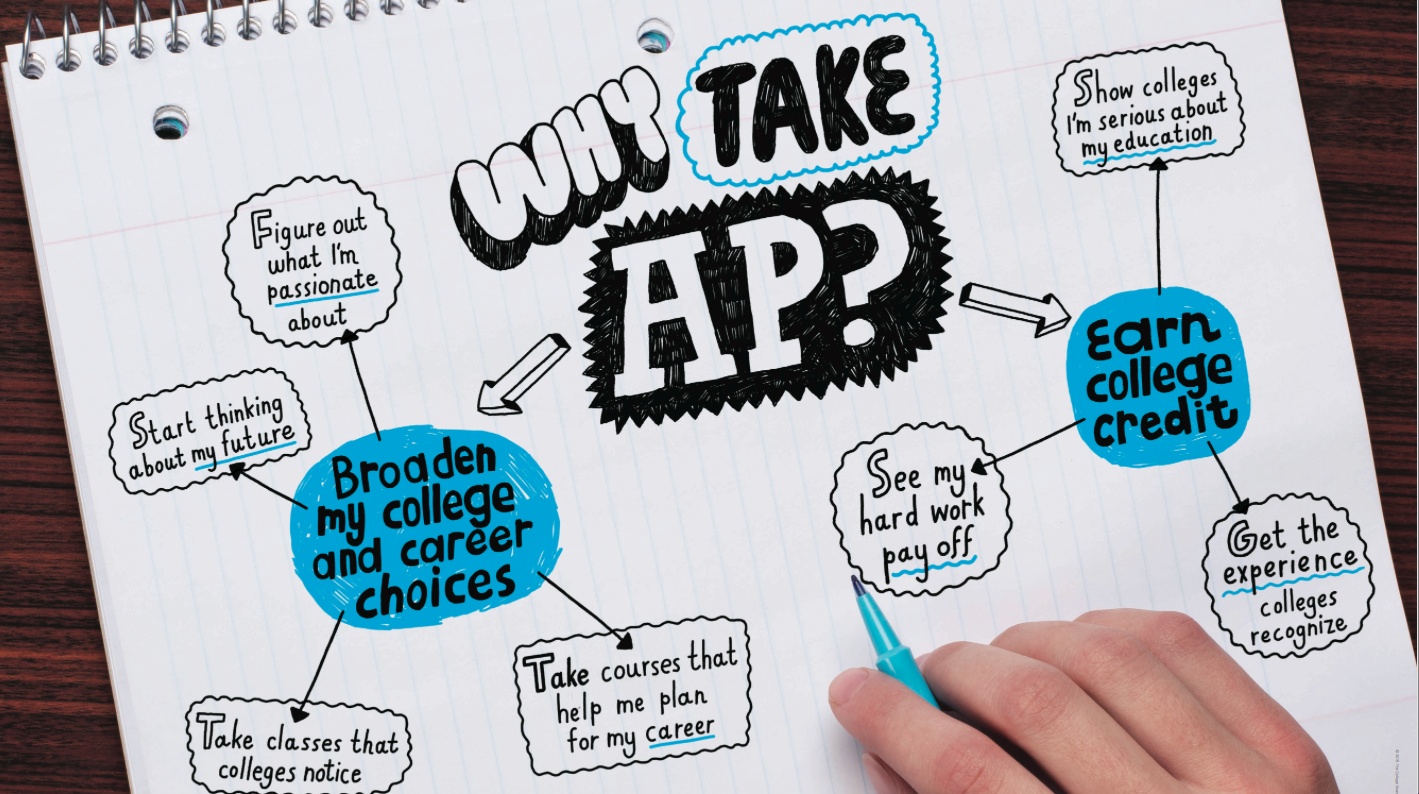What is Common Core?
The Common Core is not a curriculum. It is a guideline of what children in each grade should know by the end of the school year. They are shared goals and expectations among educational institutions using the Common Core that set grounds for knowledge and skills that will help students succeed. Unlike its predecessor, the No Child Left Behind Act, it focuses on developing a child’s critical thinking, analytical skills, and problem-solving. These skills are meant to ensure that students can succeed later in life no matter what they plan on doing.
The Common Core puts a greater emphasis on math. Rather than race over numerous topics, the Common Core aims to focus on fewer concepts in detail. Academic success does not come from learning hard topics at a young age, but rather from having a deep and authentic understanding of the material. When following the Common Core, students strengthen foundations, understandings of fundamental topics, and procedural skills so that they feel confident in using the concepts both inside and outside of the classroom. Each grade focuses on a few math concepts in detail for the entirety of the school year. For example, third graders focus on multiplication, division, and fractions. You can find the math standards for each grade here. Each year, the math is meant to build on itself. For example, after learning the basics of fractions in the third grade, students go on to learn how to add and subtract fractions in the fourth grade. This method reinforces major math topics and builds students understanding of topics gradually.
Along with building reading and writing skills, the Common Core aims to build the complexity of the texts the students can read so that they can understand any text they encounter in the future. To achieve this skill, the Common Core focuses on building vocabulary as the years go on. Not only do the students learn new words, but they also learn the nuances of words and learn to use context clues. Teachers using the Common Core are also expected to expose their students to multiple different genres, with each grade focusing heavily on one. For example, sixth-grade students are expected to focus mostly on myths. This is done to build students’ familiarity with different types of texts. About fifty percent of students’ readings are informational and are surrounding subjects like history and science, allowing the children to develop strong general knowledge. Unlike before, students are now focused more on text-based writing rather than narrative writing. This change is meant to hone the analytical skills they will need in college, career, and life.
Who Was Is It Implemented By?
The Common Core was created in 2009 to tackle the stagnation of the United States’ academic progress and regain its international status of academic rigor. This was caused by states having different levels and standards they teach. No states agreed on what a student should know by the end of a grade. In order to fix this, state leaders and educators came together to create the Common Core using the most effective standards from across the country and the world. So far, 41 states, multiple territories, and the Department of Defense Education Activity have adopted the Common Core. You can check if your state or territory uses the Common Core program here. Because it was not made by the federal government, states decide if they want to use the program or not. Each state is also allowed to change the program so it fits the needs of their students. Schools also have flexibility with how they choose to teach the lessons.
What Is the Future of the Common Core?
The Common Core focuses on students’ understandings of the concept rather than how many concepts they know. This has shown positive results and has led to the Common Core being picked up by more and more states. It is flexible and constantly evolving to fit the needs of the students. As students grow older and end school, we will be able to fully see the effects of the Common Core.
If your student is having trouble at school, Synergy Prep offers Common Core tutoring services for grades 2-8. Click here for the Common Core program brochure.










